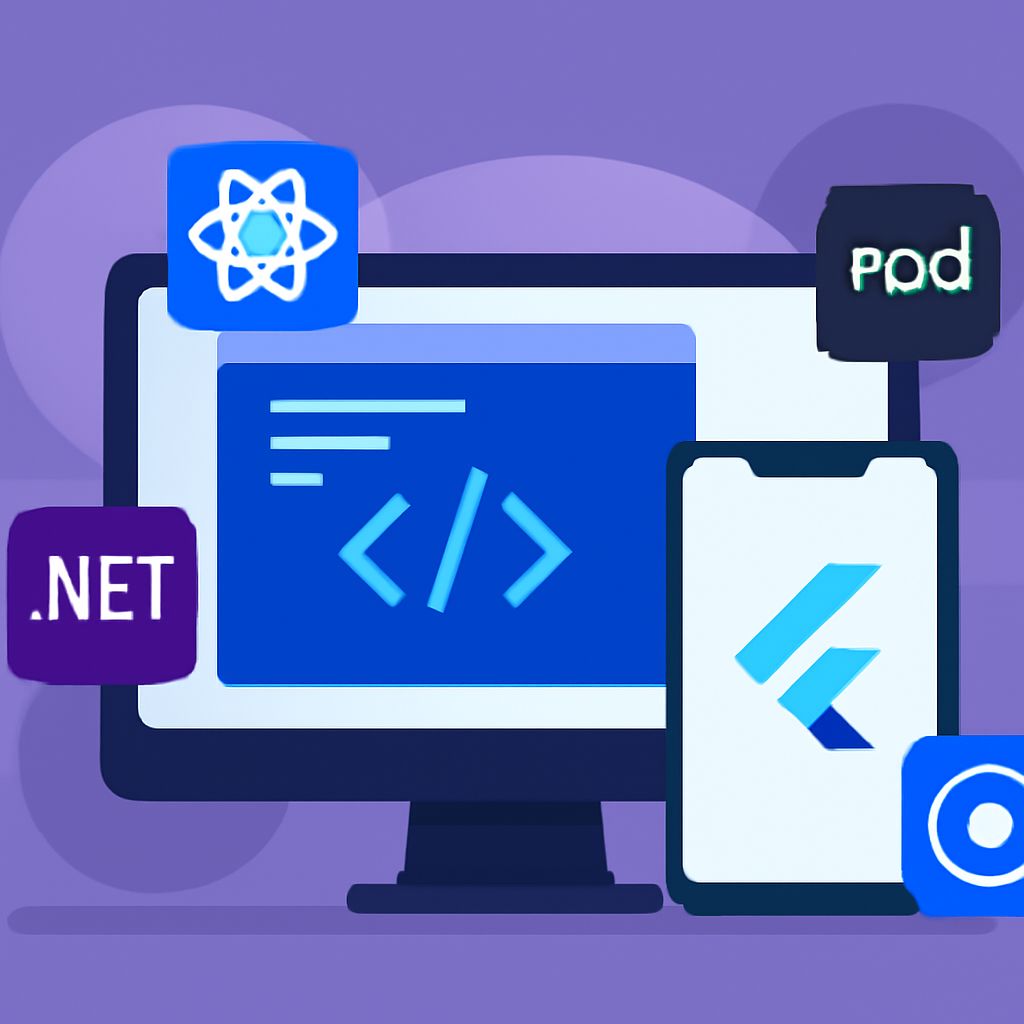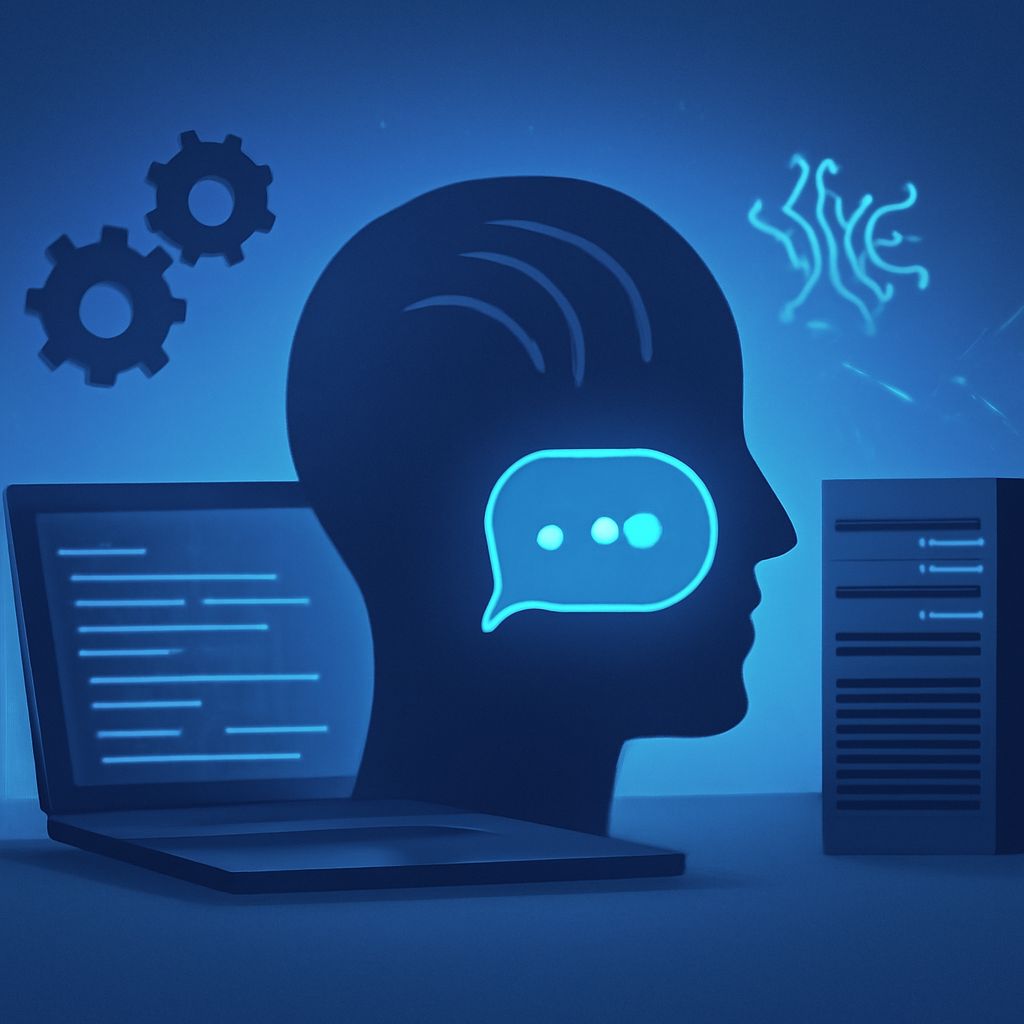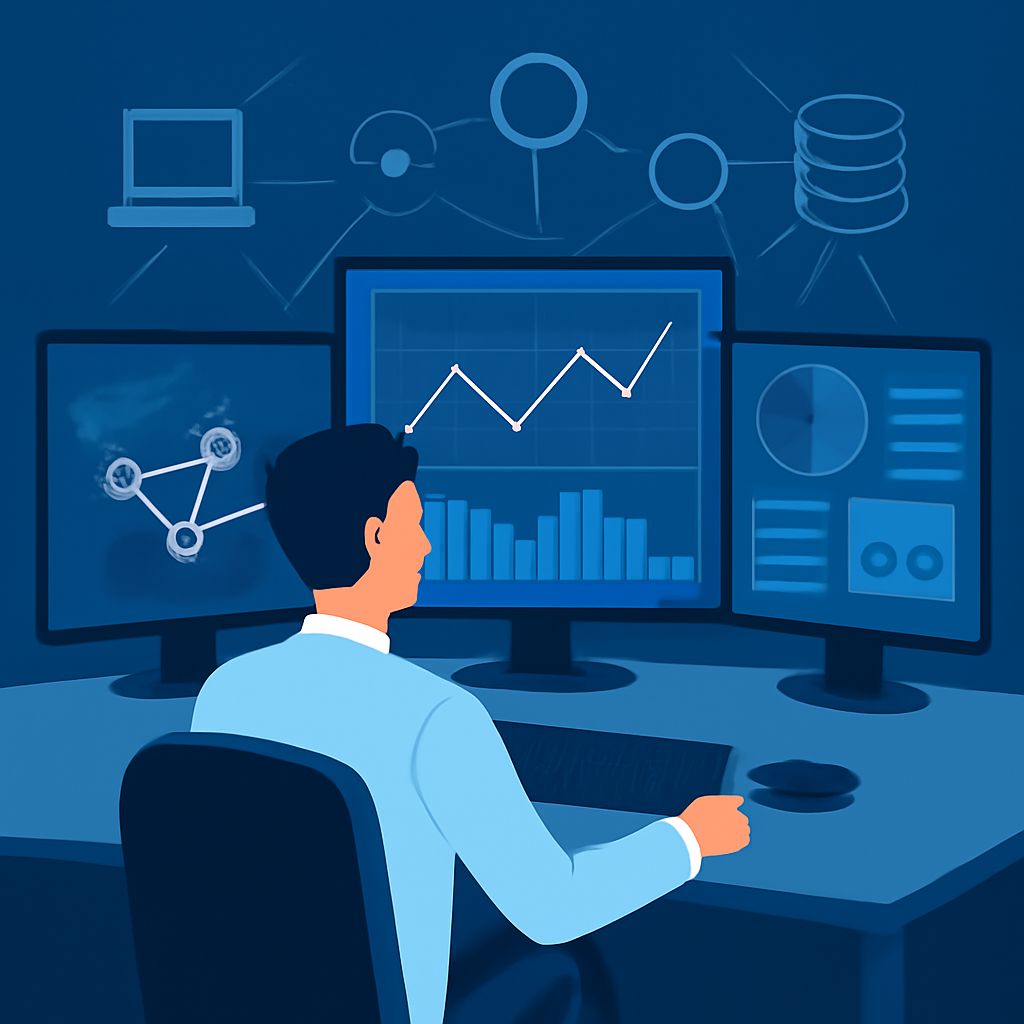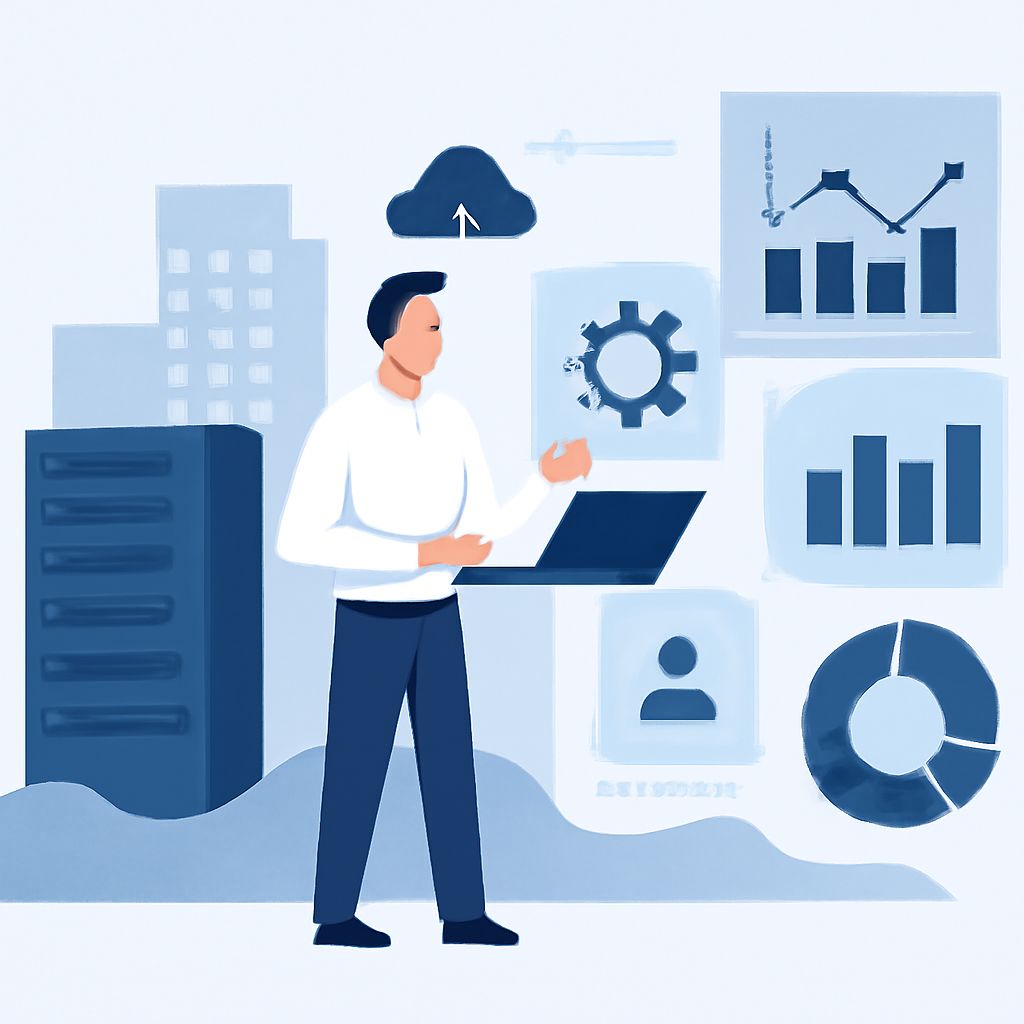Revolutionizing IT with NLP: Trends for 2025
Explore how NLP is set to transform IT by 2025, highlighting groundbreaking applications and future trends in the industry.

Table of Contents
Revolutionizing IT: NLP Applications in 2025
Natural Language Processing (NLP) has undergone rapid development over the past few years and is poised to revolutionize the landscape of Information Technology (IT) in 2025. This article aims to explore the evolution of NLP, its current applications, and how it is expected to transform IT in the near future.
As the landscape of information technology continues to evolve, the integration of Natural Language Processing (NLP) is poised to revolutionize user interactions and data management by 2025. Emerging trends indicate that organizations will leverage NLP to enhance communication, streamline workflows, and improve decision-making processes. To gain insights into the latest design concepts in technology, Explore our phone mockups for inspiration.
The Evolution of NLP
From its inception in the 1950s, NLP has evolved dramatically. The early stages of NLP focused on rule-based systems that required extensive hand-coding and linguistic knowledge. Over the years, advancements in machine learning, particularly deep learning, have paved the way for more sophisticated models capable of understanding and generating human language.
Some key milestones in the evolution of NLP include:
- 1950s-1960s: Development of early machine translation systems.
- 1980s: Introduction of statistical models for NLP.
- 2010s: Emergence of deep learning techniques and models like Word2Vec and BERT.
- 2020s: Rise of transformer architectures and large language models, such as GPT-3.
Current Applications of NLP
NLP is currently utilized in a wide range of applications across numerous industries. Here are some notable examples:
| Industry | Application |
|---|---|
| Healthcare | Medical transcription, patient record analysis, and virtual health assistants. |
| Finance | Sentiment analysis for market predictions, fraud detection, and customer support chatbots. |
| Retail | Product recommendations, customer service automation, and sentiment analysis from reviews. |
| Education | Intelligent tutoring systems, automated grading, and language learning applications. |
| Marketing | Content generation, trend analysis, and audience engagement through chatbots. |
The Future of NLP in IT
Looking forward to 2025, several trends and advancements are expected to define the future of NLP and its applications within IT:
1. Enhanced Conversational Agents
In 2025, conversational agents will be more sophisticated, offering seamless and human-like interactions. These agents will leverage advanced NLP techniques to understand context, manage multi-turn dialogues, and personalize responses based on user preferences.
2. Improved Sentiment Analysis
Sentiment analysis is set to become more accurate, allowing businesses to gauge customer sentiments in real-time across multiple channels, including social media, emails, and customer feedback forms. Enhanced algorithms will analyze tone, context, and linguistic nuances to provide deeper insights into consumer behavior.
3. Automated Content Creation
Content generation tools powered by NLP will become increasingly effective and widely used in 2025. Businesses will leverage these tools to create high-quality content for marketing, blogs, and social media, significantly reducing the time and resources spent on content development.
4. Advanced Language Translation
Machine translation systems will achieve higher degrees of fluency and accuracy, enabling businesses to communicate effectively across language barriers. This will facilitate global operations and help companies reach wider audiences.
5. Personalized Learning Experiences
In the education sector, NLP will provide highly personalized learning experiences tailored to individual student needs. AI-powered platforms will analyze student performance data and adapt learning materials in real-time, improving educational outcomes.
Challenges in NLP Implementation
Despite the promising advancements, there are challenges that must be addressed for NLP to fully realize its potential in IT:
- Data Privacy Concerns: The use of large datasets raises significant privacy issues. Ensuring compliance with regulations like GDPR will be critical.
- Bias in Language Models: NLP models have been known to exhibit biases based on the datasets they were trained on. Addressing this bias is essential for fair applications.
- Resource-Intensive Training: Training advanced NLP models requires significant computational resources, which may be a barrier for smaller organizations.
The Role of AI and Machine Learning
AI and Machine Learning are integral to the advancement of NLP. These technologies enable systems to learn from vast amounts of data, improving their performance over time. As AI research progresses, we can expect:
- Smarter Algorithms: The development of new algorithms that enhance the accuracy and efficiency of NLP applications.
- Integration with Other Technologies: NLP will increasingly integrate with other technologies such as computer vision and robotics, leading to more comprehensive AI systems.
- Real-time Processing: Advances in hardware and algorithms will allow for real-time language processing, enabling more interactive and responsive applications.
Conclusion
As we look ahead to 2025, the integration of NLP in IT holds transformative potential. From enhancing customer experiences to automating processes and improving data analysis, NLP will undoubtedly play a critical role in shaping the future of technology. Businesses that adapt to these changes and invest in NLP applications are likely to stay ahead of the curve, creating more efficient and personalized experiences for their customers. Embracing this evolution will be vital in an increasingly digital world, making NLP a cornerstone of future IT strategies.
FAQ
What are the key NLP applications expected in IT by 2025?
By 2025, key NLP applications in IT are anticipated to include advanced chatbots, sentiment analysis tools, automated content generation, and enhanced data analytics capabilities.
How will NLP improve customer service in IT by 2025?
NLP is expected to revolutionize customer service in IT by providing real-time assistance through intelligent chatbots, enabling personalized interactions, and reducing response times significantly.
What role will NLP play in data analysis and management by 2025?
NLP will enhance data analysis and management by automating the extraction of insights from unstructured data, enabling organizations to make informed decisions faster.
Will NLP applications be accessible to small businesses by 2025?
Yes, advancements in NLP technology will make it more accessible and affordable for small businesses, allowing them to leverage AI-driven solutions without significant investment.
How can businesses prepare for the integration of NLP technologies in 2025?
Businesses can prepare for NLP integration by investing in training for their teams, exploring existing NLP tools, and developing strategies to incorporate these technologies into their operations.
What challenges might businesses face when adopting NLP in 2025?
Challenges may include data privacy concerns, the need for quality training data, integration with existing systems, and ensuring the accuracy of NLP algorithms.






